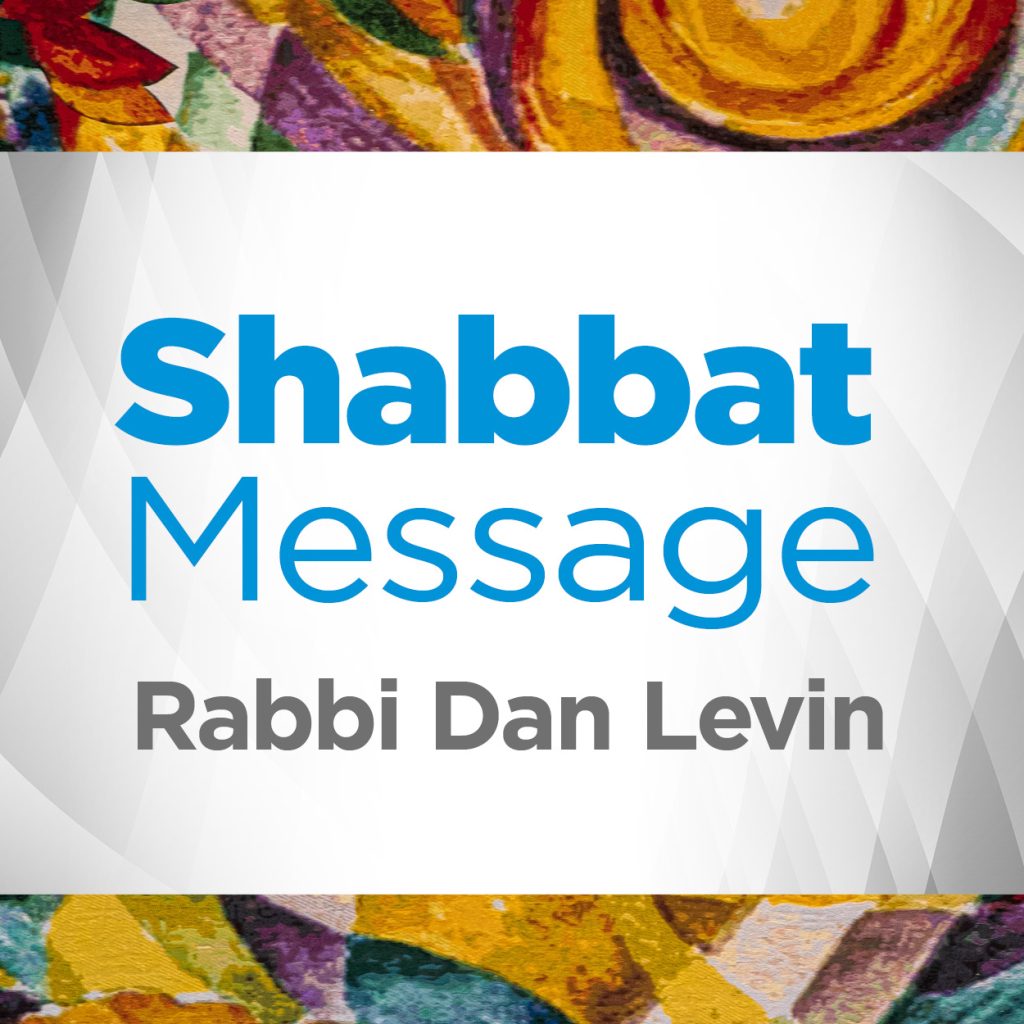Every morning, as we recount the blessings and miracles of every day, our liturgy provides us a blessing: Baruch Ata Adonai, Eloheinu Melech HaOlam, She Asani Ben/Bat Chorin – Blessed are You, Adonai our God, Ruling Spirit of the Universe, who has made me to be free.
In some respects, all God wants is for us to be free. The core narrative of our tradition is one of liberation. So badly does God resent our enslavement in Egypt, God personally intervenes, gradually ratcheting up the pressure on the Egyptians until our release is won.
But ironically, God doesn’t really want us to be totally free. As soon as we win our liberation, and secure our basic needs for food and water, God brings us to Mount Sinai and immediately imposes limits on our freedom: you shall not murder, you shall not commit adultery, you shall not steal…
The Torah celebrates freedom, and yet at the same time demands we curtail it. God did not free us simply to do as we please. “Torah,” wrote theologian Rabbi Dr. Eugene Borowitz, “… placed its greatest emphasis on law and commandment. Remember and do, it continually exhorts; do not go after your own heart and eyes.”
There is remarkable irony in this week’s Torah portion. Parashat Mishpatim begins with laws governing the institution of slavery. On the one hand, it seems utterly absurd that the Torah would even permit slavery, given the primacy of freedom in our value system. On the other hand, our freedom does not free us from our obligations and mutual responsibility for each other.
So the Torah strikes compromises. An Israelite who cannot pay a debt can be forced to work off the debt, but only for a maximum of six years.
The obligation of the debt restricts the borrower – he cannot just abandon the debt, or ignore the rights of the one from whom he borrowed. At the same time, one shouldn’t be enslaved forever. Freedom demands responsibility. And those responsibilities necessarily limit our freedom.
But then, the Torah follows with an instance where if someone chooses to stay enslaved, though he is entitled to go free, he is brought to the doorpost of the house, where his ear is pierced with an awl.
The message is clear. If a person chooses slavery over freedom, it’s literally like there’s a hole in their ear – they’re not listening to God, who wants us to be free.
But that seems a little crazy. Why would a person choose slavery over freedom?
Freedom can be overwhelming and frightening. When we are slaves, everything is known and predictable. We have no choice, but we know what to expect. There is real comfort in the familiar, and the unknown can be scary.
As Rabbi Karyn Kedar writes: “So much enslaves us. We are enslaved by our assumptions of what is possible. We are enslaved by the words we use, the constructs of our thoughts and speech, the way we explain the past and speak about the future. We are enslaved by our presumed limitations. We are enslaved by negativity and cynicism. We are enslaved by our fear.”
So much to which we feel bound and obligated is temporal and fleeting. We refuse to let go of our self-righteous arrogance and chauvinism. We shackle ourselves to a value system that glorifies wealth, prestige, power, and privilege. We lock ourselves in a mindset that cannot make room for difference or innovation.
Amazingly, the path to freedom from all that enslaves us is another kind of servitude: a willingness to be a servant to God.
Untethered freedom – doing whatever we want, whenever we want, however we want – is the path that leads to unfettered evil.
Morality requires that we exercise restraint – yes, I have the freedom to do that, but I won’t because it’s wrong. Yes, I have the freedom to keep from doing that, but I will push myself to do it, because tradition compels me to do the right thing.
Judaism demands a kind of servitude – giving up our freedom and choosing to live in covenant with God – bound by the demands of Torah and tradition, so that we can fashion a world with lives filled with holiness.
It isn’t easy to give up our freedom. It takes courage, determination, discipline, and faith. But as Rabbi Kedar teaches, freedom, when tethered, “lifts us toward holiness, wonder, aspiration, and meaning.”

Rabbi Dan Levin
Temple Beth El of Boca Raton
“Pray for the peace of Jerusalem…”








